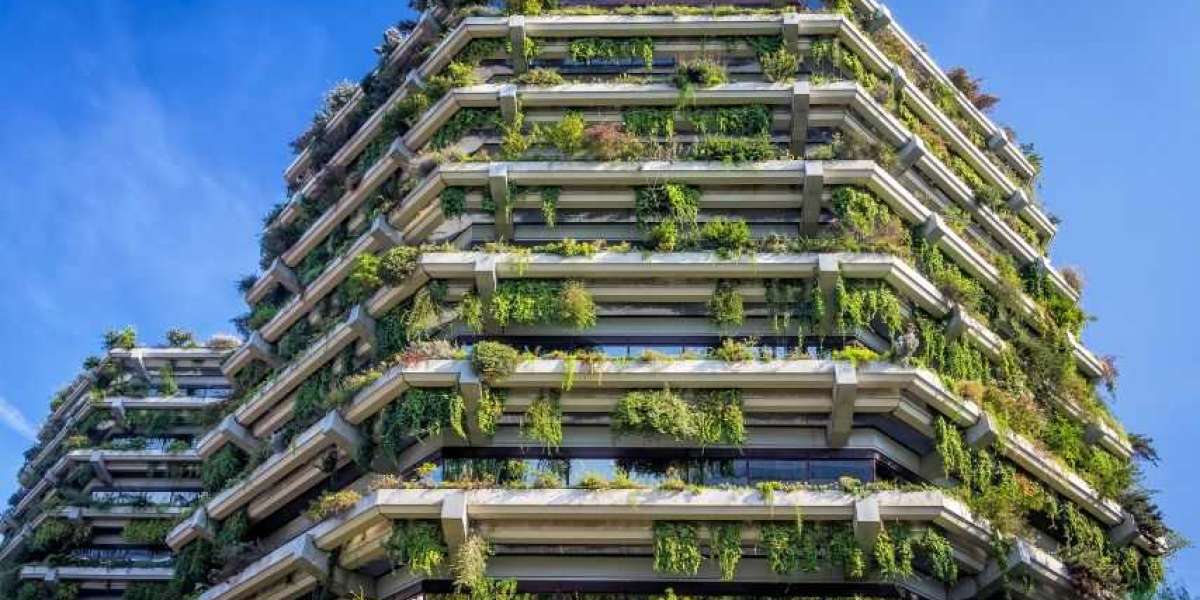In Malaysia, promoting green building practices is crucial for a sustainable future. Environmental consultants play a vital role in driving this change, ensuring that construction projects align with eco-friendly standards. By offering expertise on energy efficiency, waste management, and sustainable materials, these consultants make a significant impact on reducing environmental footprints. Their guidance helps developers and builders create structures that are not only environmentally friendly but also cost-effective in the long run. Let's explore how environmental consultants are shaping the landscape of green building practices in Malaysia.
Understanding Green Building Practices
Importance of Green Building Practices
Green building practices focus on creating structures that are environmentally responsible and resource-efficient throughout a building's life cycle. These practices prioritize sustainable development by minimizing the negative impact on the environment.
Green buildings offer various benefits, including energy efficiency and reduced environmental impact. By integrating green design and green technology, these buildings lower energy consumption, decrease water usage, and enhance indoor air quality.
Role of Green Building Index (GBI)
The Green Building Index (GBI) plays a crucial role in promoting sustainable practices in the construction industry. It serves as a guideline for developers to adopt green building certification, encouraging the use of green materials and innovative techniques.
- GBI sets standards for green building design and construction, guiding developers towards achieving green building certification.
- Developers consulting with a green building consultant or a green consultancy firm benefit from the expertise in incorporating sustainable elements into their projects.
Role of Environmental Consultants
Facilitating Adoption
Best environmental consultants in Malaysia play a crucial role in facilitating the adoption of green building practices among developers. They provide expertise on environmental aspects related to construction, guiding developers on sustainable materials, energy-efficient designs, and waste management strategies. By collaborating with developers, environmental consultants ensure that projects comply with green building standards and regulations.
Qualifications and Expertise
To be effective in green building consultancy, environmental consultants require specific qualifications and expertise. They typically hold degrees in environmental science, engineering, or related fields. Certifications such as LEED (Leadership in Energy and Environmental Design) accreditation demonstrate their proficiency in sustainable building practices. Expertise in areas like energy efficiency, water conservation, and indoor air quality is essential for consultants to provide valuable guidance to clients.
Client Assistance
Clients seek the assistance of green building consultants under various circumstances. This includes navigating complex environmental regulations, optimizing resource efficiency, and enhancing overall sustainability of their projects. Environmental consultants offer tailored solutions to meet the unique needs of each client, helping them achieve their sustainability goals while staying compliant with environmental standards.
Addressing Climate Change
Lower Carbon Emissions
Green building practices play a crucial role in addressing climate change by significantly reducing carbon emissions. Sustainable buildings utilize energy-efficient systems and materials, leading to lower energy consumption and decreased greenhouse gas emissions. This results in a substantial reduction in the carbon footprint of buildings, contributing positively to the environment.
Resource Conservation
Implementing environmentally sustainable practices in construction helps conserve valuable resources such as water and energy. Green buildings incorporate features like rainwater harvesting systems, energy-efficient appliances, and renewable energy sources. These initiatives not only reduce resource depletion but also promote a more efficient use of available resources, fostering a sustainable environment for future generations.
Community Resilience Enhancement
Sustainable buildings not only benefit the environment but also enhance community resilience against climate-related challenges. Features like green roofs, natural ventilation systems, and efficient waste management contribute to creating safer and healthier living spaces. In times of extreme weather events or natural disasters, these buildings provide shelter and support, ensuring the well-being of residents and promoting community cohesion.
Innovative Solutions by Consultants
Sustainable Practices
Green building consultants play a crucial role in promoting sustainable practices in Malaysia. They implement innovative strategies to incorporate environmentally friendly designs into many construction projects. For instance, consultants often recommend the use of renewable energy sources such as solar panels and wind turbines to reduce carbon emissions.
Technological Integration
In modern building practices, green building consultants leverage technology to enhance sustainability. They utilize advanced software for energy modeling and simulation to optimize building performance. Consultants integrate smart technologies like automated lighting and HVAC systems to improve energy efficiency and reduce operational costs.
Tailored Solutions
Consultants work closely with clients to customize solutions that align with specific project goals and requirements. For government building projects seeking Green Building Index (GBI) certification, consultants provide expertise in sustainable design and construction practices. By tailoring solutions to meet client needs, consultants ensure that green building initiatives are effectively implemented.
Challenges and Strategies
Cost Considerations
Green building practices in Malaysia face cost barriers, with higher upfront expenses deterring clients. Consultants struggle to convince stakeholders of long-term benefits.
Client Engagement
Client interest poses a challenge, as many are unaware of the environmental impact of traditional building methods. Consultants must educate clients on sustainable alternatives.
Community Education
To address these challenges, consultants can implement community education programs. Raising awareness about green practices fosters public support and encourages adoption.
Government Incentives
Advocating for government incentives is crucial. Policies that reward sustainable projects financially can drive increased investment in eco-friendly construction.
Closing Thoughts
In understanding green building practices and the pivotal role environmental consultants play, you've gained insights into how these professionals drive change and combat climate change through innovative solutions. Despite challenges, strategies are in place to ensure sustainable development continues. By embracing green building practices and supporting environmental consultants, you contribute to a greener future for Malaysia. Your involvement can make a significant impact on reducing carbon footprints and promoting eco-friendly initiatives in construction projects. Stay informed, stay engaged, and be an advocate for sustainable practices in the built environment.



